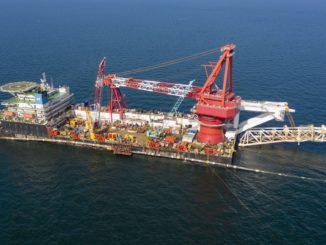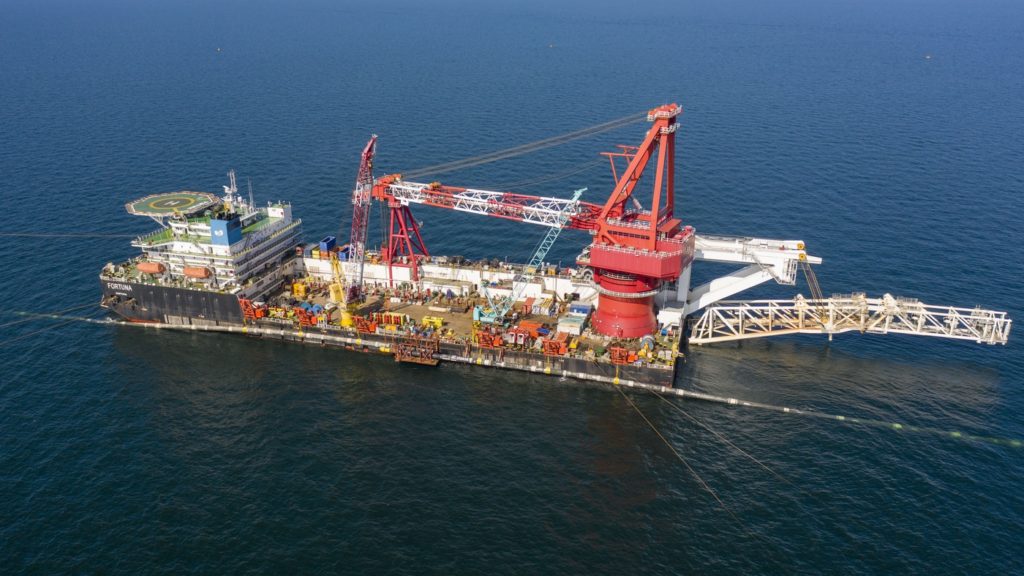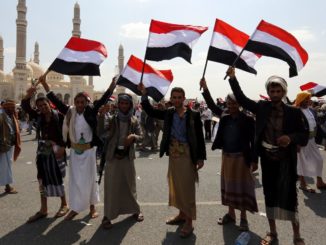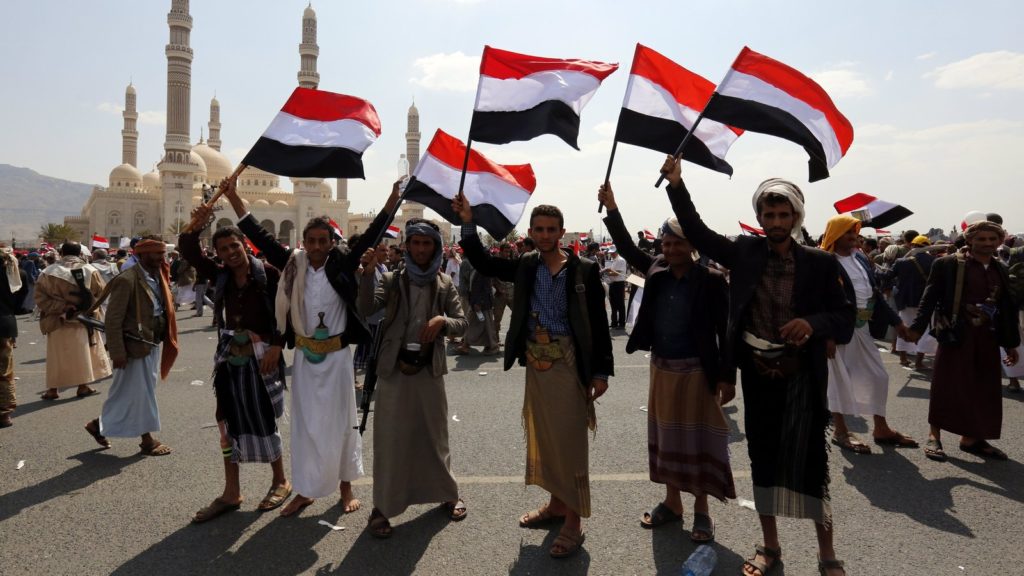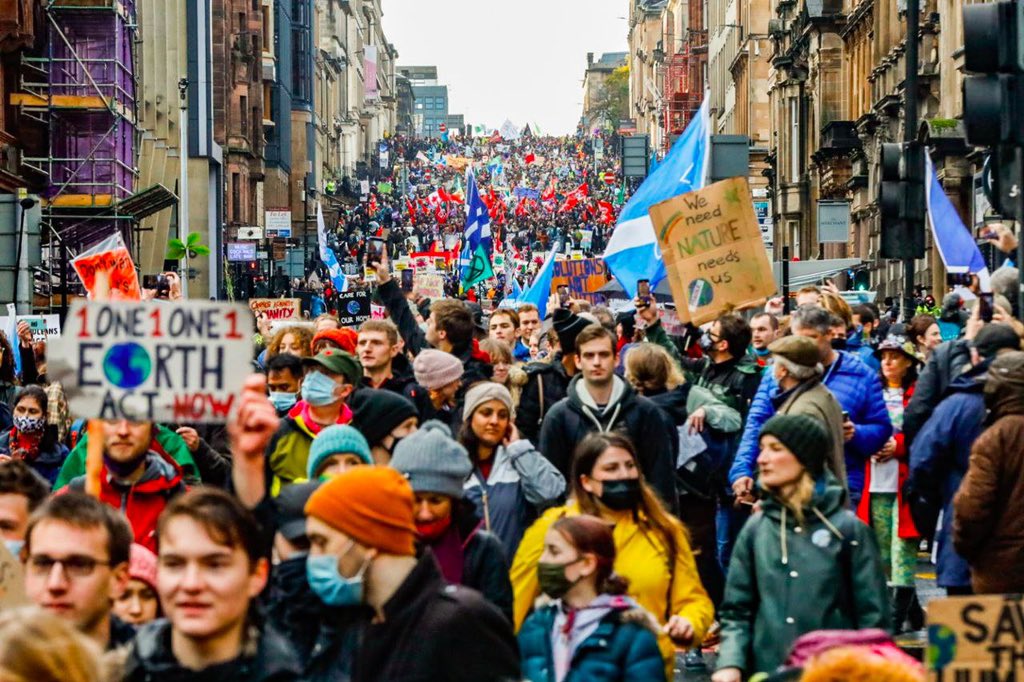
GLASGOW, Scotland—Speaking at the 26th Conference of Parties (COP26) on November 1, U.S. President Joe Biden said he wants the United States to commit $3 billion toward helping vulnerable countries adapt to climate change. But the administration’s climate negotiators in Glasgow are pushing to keep adaptation financing inadequate.
Delegations from more than 190 countries are deliberating on issues that weren’t resolved in the first week of COP26, the largest annual climate-change conference organized under the United Nations Framework Convention on Climate Change (UNFCCC). Climate finance to assist developing countries adapt to a changing world and carbon markets to trade emission reduction credits remain on the table.
At a November 9 closed-door negotiation meeting, the United States asked for a revision of references on adaptation finance’s inadequacy, as well as the request to double adaptation finance. This comes despite Biden having publicly spoken of quadrupling U.S. climate-finance contributions.
Early this year, the United Nations Environment Program (UNEP) noted adaptation costs in developing countries are “five to 10 times greater than current public adaptation finance flows.” The UNEP also said the adaptation finance gap is “widening.”
But developed countries like the United States, Canada and those in the European Union resisted the adoption of language that would have called for doubling adaptation finance.
Developing Countries Take Offense
According to an observer who was present in the negotiation room, Egyptian negotiators expressed they found it difficult to understand why developed countries find the term “doubling” offensive. Meanwhile, Bangladeshi delegates said in the same meeting that doubling should be replaced with “quadrupling.” Bangladesh is uniquely vulnerable to the impacts of climate change, given how sea-level rise threatens to drown large sections of the country.
Plus, a few days ago, the chair of the UNFCCC’s Subsidiary Body for Implementation allowed informal consultations on the composition of the Adaptation Fund’s board at the behest of the United States.
The Adaptation Fund was formed under the Kyoto Protocol, an international climate treaty designed to help developing countries adapt to a quickly warming world.
According to delegates of developing countries and observers in negotiation rooms at COP26, the United States plans to make a pledge to the Fund on the condition that non-Kyoto Protocol parties are allowed to be elected to the Board and that the Board composition be changed to equal representation between developed and developing countries.
A U.S. State Department representative who speaks on behalf of U.S. negotiators at COP26 declined to comment.
Liane Schalatek, associate director of Heinrich Böll Stiftung, a German foundation based in Washington, D.C., noted how the Adaptation Fund is the only climate fund that has “equitable representation” on its board. Currently, developing countries hold two-thirds of board seats.
Tarun Gopalakrishnan, pre-doctoral fellow at the Tufts University’s Fletcher School of Law and Diplomacy in Massachusetts, said the Adaptation Fund’s board comprises strong representation from developing, least developed and highly vulnerable countries.
“More finance should be welcome, but [the board’s] uniqueness should not be diluted,” Gopalakrishnan added.
Other dedicated climate funds like the Green Climate Fund (GCF) and Climate Investment Fund (CIF) have equal representation between developed and developing countries. Because decisions are made by consensus, opinions of both groups carry equal weight.
Even with respect to multilateral development banks’ climate funding, developed countries have decision making power, Schalatek explained. Multilateral development banks include the World Bank and the Asian Development Bank.
Schalatek said it is clear the “Adaptation Fund is a better option”, adding that developing countries have a better sense of their needs and priorities and how funding could be channeled to local communities and organizations in the most effective manner.
‘Money As the Stick’
The other issue is the United States only wants control via the Kyoto Protocol, but not the responsibilities.
Since the United States failed to ratify the Kyoto Protocol, it is currently not eligible to hold a board seat. But now, it wants a board seat without committing to the emission reduction that Kyoto parties had agreed to undertake.
“The U.S. is using the money as the stick,” said a delegate from a developing country. The delegate chose to remain anonymous out of fear of reprisal. They added the United States is offering a one-time contribution of $50 million, which is about half of what Germany gives every year to the Adaptation Fund.
Delegations from developing countries worry if the United States gets a seat on the Adaptation Board, approvals for climate projects in countries like Cuba could be withheld because of geopolitical reasons.
This reporter sent questions to the Adaptation Fund, but they did not respond.
More broadly, Gopalakrishnan noted adaptation finance has been inadequate because of political and technical reasons.
“Recognizing this in a [COP26] decision is the first step to fixing the problem.”
This article was developed with support from Internews’ Earth Journalism Network and the Stanley Center for Peace and Security as part of the Climate Change Media Partnership (CCMP) Program.
Rishika Pardikar is a freelance journalist in Bangalore, India.

